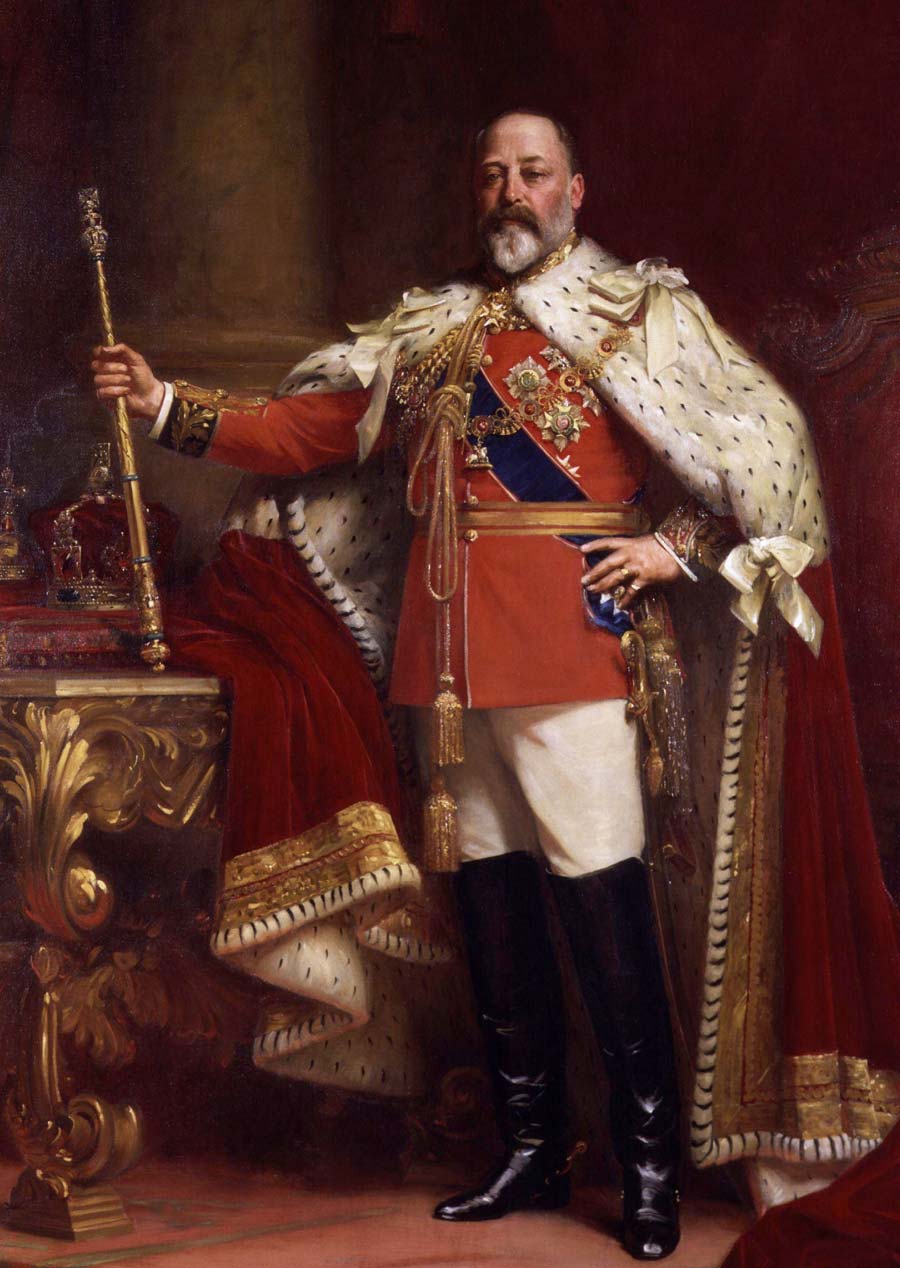The views expressed in our content reflect individual perspectives and do not represent the authoritative views of the Baha'i Faith.
O Son of Man! Thou art My dominion and My dominion perisheth not; wherefore fearest thou thy perishing? Thou art My light and My light shall never be extinguished; why dost thou dread extinction? Thou art My glory and My glory fadeth not; thou art My robe and My robe shall never be outworn. Abide then in thy love for Me, that thou mayest find Me in the realm of glory. – Baha’u’llah, The Hidden Words, p. 7.
As individuals, what do we have dominion over?
Our personal sovereignty has limits, while God’s sovereignty is unlimited. Our sovereignty is pretty much limited to that over which we can exercise self-control. Much the same applies to the attribute of God expressed in the Baha’i month of “Dominion” (February 7–February 25) the Arabic word for which is mulk.
In the Baha’i writings, “sovereignty and dominion” sometimes appear together, as in this example:
All praise, O my God, be to Thee Who art the Source of all glory and majesty, of greatness and honor, of sovereignty and dominion, of loftiness and grace, of awe and power. – Baha’u’llah, Prayers and Meditations by Baha’u’llah, p. 94.
This passage praises God, who has sovereignty and dominion over all creation. To a much lesser degree, each of us has the opportunity to take control of our own lives and, if successful in doing so, we stand to benefit others by the influence exerted by our actions.
The Oxford English Dictionary defines “dominion” as: “The power or right of governing and controlling; sovereign authority; lordship, sovereignty; rule, sway; control, influence.”
All of the sacred scriptures of the great Faiths describe God as omnipotent. In other words, God is all-powerful. Therefore, it is said that God has “dominion” over heaven and earth. Is this power restricted to God and God alone?
In the absolute sense, yes. In a very relative sense, however, each of us has limited dominion over our own lives. God grants us this power with the gift of free will. In the end, our lives will be judged by how wisely we have exercised our individual dominion, that is, by the wisdom or foolishness of our decisions and by the consequences of our actions that flow from those decisions. Sometimes those ramifications endure a lifetime or longer.
Now let’s look at a passage in which Abdu’l-Baha describes dominion:
Were the dominions of the whole, entire earth to be thine, it would not equal this great dominion which is no other than spreading the guidance of God. Forasmuch as the earthly dominion is like unto the kingdom of Edward VII, king of England, his coronation day became unto him the day of griefs, the day of sorrows, and the days of moaning; his joy was changed into abundant sorrow, and the light of happiness was transformed into the darkness of a gloomy night. This is the condition of the world, its honor, its dominion, its glory and affluence.
But as to thee—O thou who art attracted unto God!—thou hast established an eternal and everlasting throne through the guidance of God, and hast become crowned with a diadem, the gems of which scintillate throughout centuries and ages; nay, rather, for cycles and periods!
This throne cannot be shaken by the powers of the earth and its calamities; nor can incidental obstacles, worldly impediments, or all the diseases and ailments prevent or delay this coronation. – Abdu’l-Baha, Tablets of Abdul-Baha Abbas, pp. 254–255.
Here, Abdu’l-Baha’s counter-example of has a religious dimension as well as a political one.
Succeeding the throne upon Queen Victoria’s death on January 22, 1901, the Prince of Wales was crowned “Edward VII” on August 9, 1902—but his coronation day was an unhappy occasion for him. At his coronation, Edward VII was forced to swear an oath that greatly upset him, as it required him to make this vehemently and offensively anti-Catholic statement, against his will:
I doe solemnely and sincerely in the presence of God professe testifie and declare that I do believe that in the sacrament of the Lords Supper there is not any transubstantiation of the elements of bread and wine into the body and blood of Christ at or after the consecration thereof by any person whatsoever; and that the invocation or adoration of die Virgin Mary or any other saint, and the sacrifice of the masses as they are now used in the Church of Rome are superstitious and idolatrous . . . .
One historian further explains why:
King Edward VII
Edward VII was so unhappy about being required to read this statement, which was regarded as very offensive to his Roman Catholic subjects, and particularly those in Ireland, where the home rule debate was so intense and where George IV and Queen Victoria had in the previous century been received with enthusiastic welcomes on their royal tours because of their support for measures of Catholic relief, that he read out in a low voice one of the last remnants of the restrictions on Roman Catholic participation in public office. . . . Edward VII vowed that no successor of his should have to utter these words. – Norman Bonney, “The Evolution and Contemporary Relevance of the Accession and Coronation Oaths of the United Kingdom.” British Journal of Politics and International Relations 13 (2011): p. 605.
As monarch, Edward VII held the title, “King of the British Dominions.” A “dominion” referred to one of several autonomous nations nominally under British sovereignty and part of British Commonwealth within the British Empire. These included (at various times) Canada, Australia, New Zealand, Newfoundland, Union of South Africa, and the Irish Free State.
By analogy, each of us has an autonomous “dominion” under a spiritual commonwealth—the throne and the coronation Abdu’l-Baha promises for everyone who transcends this physical existence and establishes an everlasting spiritual life.


















Comments
Sign in or create an account
Continue with Facebookor